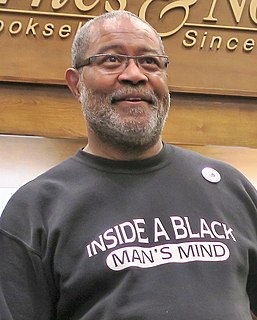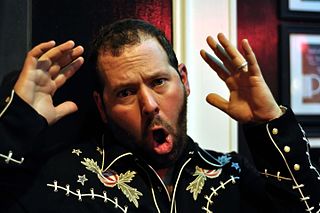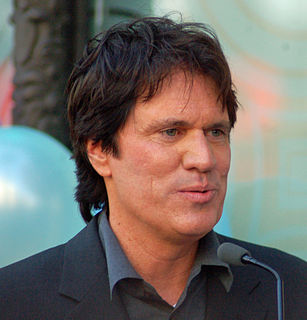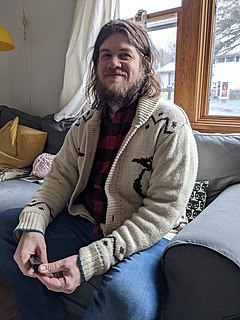A Quote by Mellody Hobson
I've told stories about people coming to my office and giving me their coats and requesting that I hang them up and get coffee - which I dutifully do. And then I come in and sit at the head of the table. It's awkward.
Related Quotes
Characters simply come and find me. They sit down, I offer them a coffee. They tell me their story and then they almost always leave. When a character, after drinking some coffee and briefly telling her story, wants dinner and then a place to sleep and then breakfast and so on, for me the time has come to write the novel.
Growing up, all I saw was my parents trying to be the best people they could be, and people coming to them for wisdom, coming to them for guidance, and them not putting themselves on a pedestal, but literally being face-to-face with these people and saying, "I'm no better than you, but the fact that you're coming to me to reach some sort of enlightenment or to shine a light on something, that makes me feel love and gratitude for you." They always give back what people give to them. And sometimes they keep giving and giving and giving.
I didn't know why I was coming to this room. Someone just told me to go to Sam Raimi's office. I knew that I uniquely had the comics version of his job, which was to take Spider-Man and put him into the modern day. But I thought, "Maybe he wants to tell me to cut it out." So I come in, it's in his office, and then Stan Lee comes in, and I'd only ever met Stan as a fan, not as a professional. And then they sit us down on a couch, and roll in an AV cart with a TV on it and go, "We're going to show you the first cut of Spider-Man."
With film, I always sit with people first and talk a while, and then we read or sing or whatever. I never sit behind a table. I get up; I work with them. I do everything I possibly can to not audition them. I can find out the best of them from them feeling comfortable and appreciated. I'd never let someone leave feeling not valued.
Each of us is comprised of stories, stories not only about ourselves but stories about ancestors we never knew and people we've never met. We have stories we love to tell and stories we have never told anyone. The extent to which others know us is determined by the stories we choose to share. We extend a deep trust to someone when we say, "I'm going to tell you something I've never told anyone." Sharing stories creates trust because through stories we come to a recognition of how much we have in common.
Usually, you know, you're at a table and you're the only woman, you've got this idea, you finally speak up - I mean, I've been in some settings where every head turns toward me and then they all turn away as if I've never spoken. Which I think happens when whatever I said was so out of the blue, or so awkward, that they just didn't know how to respond.
There was something about being in the vicinity of Grahame Coats that always made Fat Charlie (a) speak in cliches and (b) begin to daydream about huge black helicopters first opening fire upon, then dropping buckets of flaming napalm onto the offices of the Grahame Coats agency. Fat Charlie would not be in the office in those daydreams. He would be sitting in a chair outside a little cafe on the other side of Aldwych, sipping a frothy coffee and occasionally cheering at an exceptionally well-flung bucket of napalm.



































